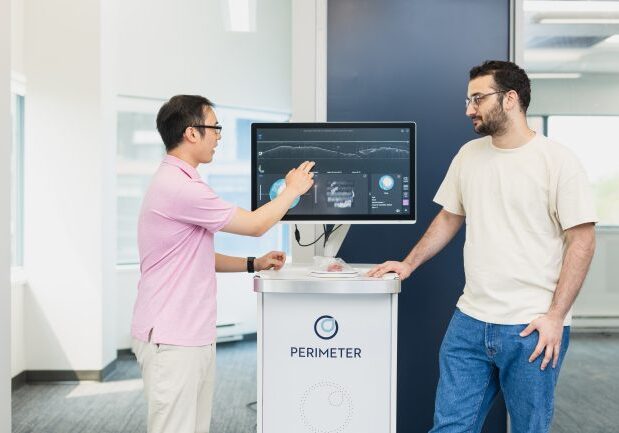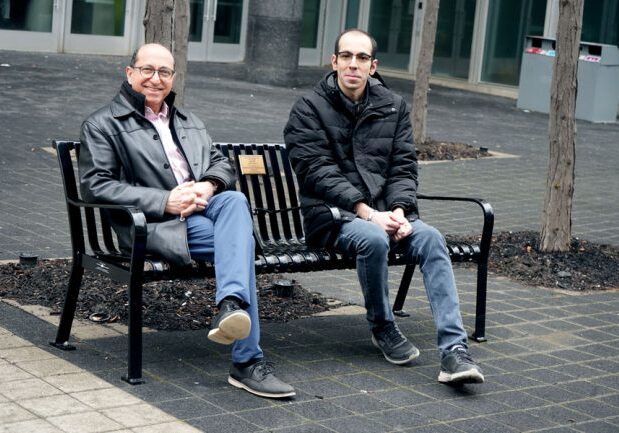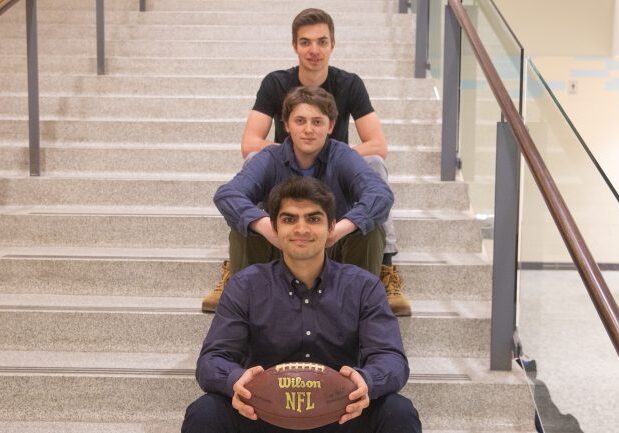
Training AI on machine-generated text could lead to ‘model collapse,’ ECE professor and collaborators warn
Professor Nicolas Papernot says the proliferation of AI-generated content could “pollute” the internet, so the data pool no longer reflects reality
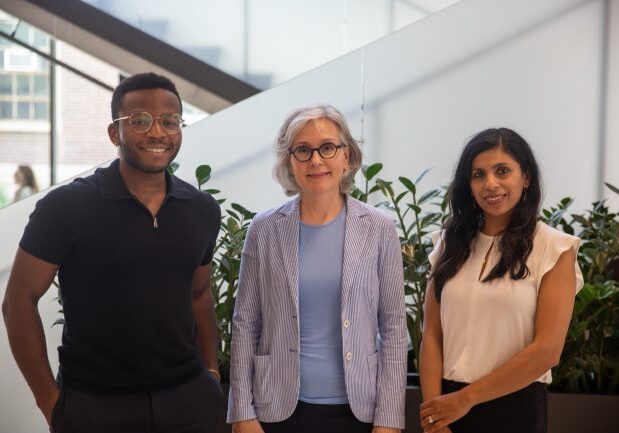
Researchers are creating algorithms to accelerate the development of new cellular therapies to repair damaged tissues
Professor Julie Audet (BME) is collaborating with researchers across U of T Engineering to create tools to enhance the therapeutic properties of cells grown in laboratories
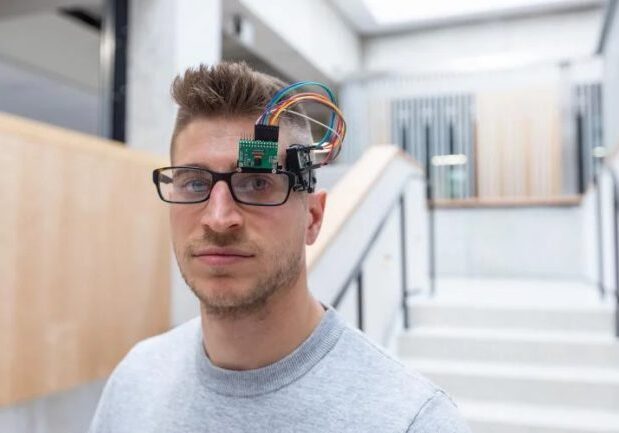
‘Bionic professor’ aims to transform the field of wearable robotics
Professor Brokoslaw Laschowski (MIE) is developing AI-powered technologies that interface with humans

Tremors of the heart: How AI could help doctors predict cardiac problems in critically ill children
U of T researchers test artificial intelligence similar to earthquake detection AI to diagnose heart rhythm abnormalities at Toronto’s Hospital for Sick Children
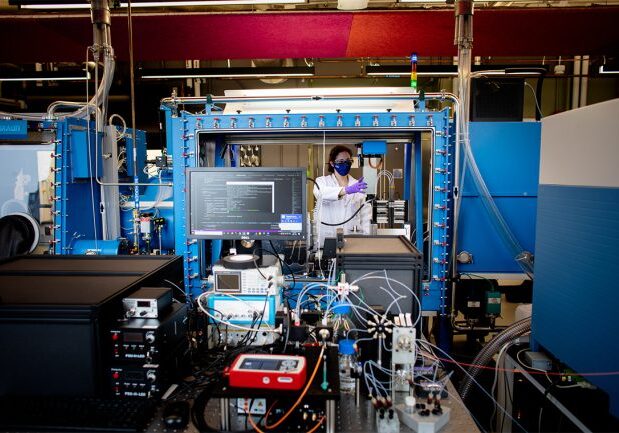
‘Self-driving labs’: $200-million federal grant powers AI-driven materials discovery for clean energy, advanced manufacturing and more
Funding will enhance the work of the Acceleration Consortium, a multidisciplinary collaboration that includes several U of T Engineering researchers
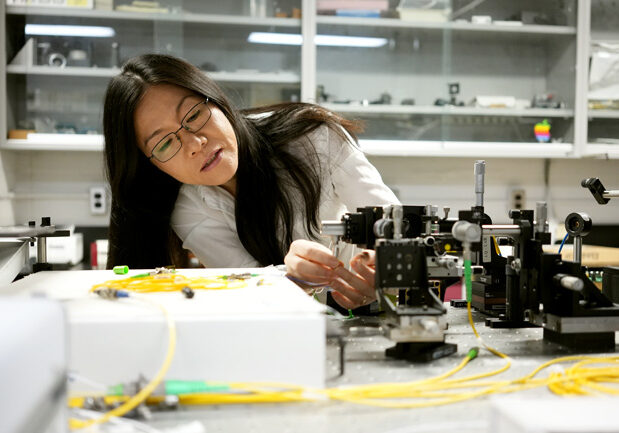
ECE professor joins international effort to establish quantum communications link between the EU and Canada
HyperSpace is one of the largest collaborations yet for the Canadian quantum community

